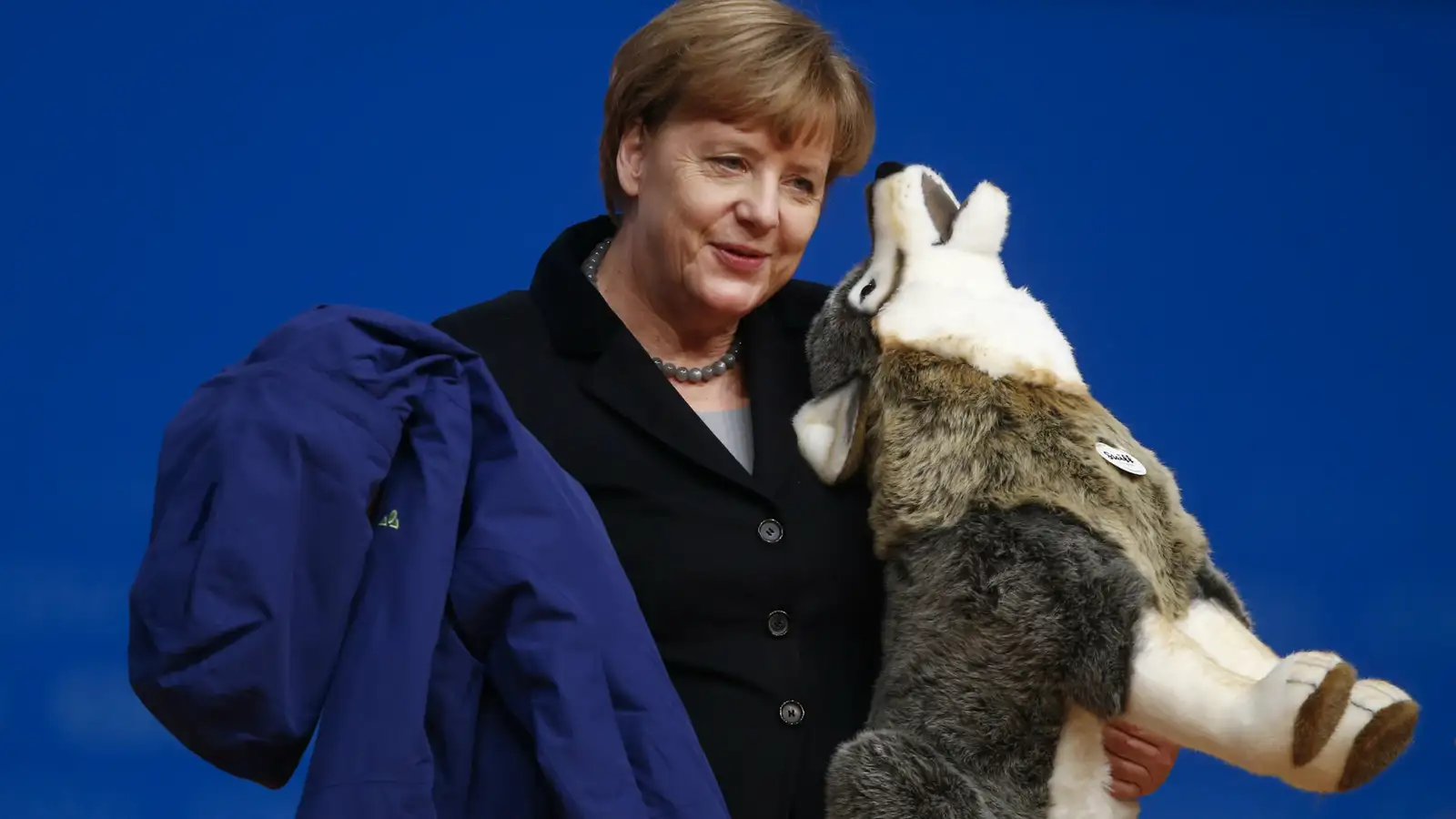Angela Merkel has been widely praised by the international community for her response to Europe’s refugee crisis. She is both Time’s and Financial Times’ “Person of The Year.” But the German chancellor’s open door policy on refugees appears to be coming to an end, as she vows to reduce the flow of migrants and deport rejected asylum seekers. All that, she says, will be done with “a friendly face.”
Speaking at her annual party conference, Merkel described 2015 as “an unbelievable year,” and called the refugee crisis “a historic test” which she hopes Europe will pass. “We will do our bit to make sure this happens,” she added.
Merkel defended her decision to scrap the Dublin protocol for Syrian refugees this summer, which forced refugees to apply for asylum at the first safe country they reached, and instead chose to process their claims in Germany. She told her party, Christian Democratic Union, it was “a humanitarian imperative” to let in the refugees who had accumulated in Hungary in early September. But she also said that Germany, which is on pace to take on one million refugees this year, can only do so much.
While Merkel rejected calls for an upper limit on the number of refugees Germany will accept, she did announce a number of restrictions to reduce the record flow of refugees. Merkel claimed she would reduce the number of Balkan asylum-seekers from 40% of the influx to “almost zero,” insisting that the “rule of law” would help those who need protection. She also promised to swiftly remove those who aren’t entitled to asylum, noting that deportations would occur with a “friendly face.”
The government introduced a fast-track decision procedure earlier this year to discourage the number of asylum seekers from Kosovo and Serbia. Merkel boasted that it was her party that extended the “safe countries of origin” list to include three Balkan states; Serbia, Bosnia and Herzegovina, and Macedonia.
Merkel also announced that migrants who only get subsidiary protection—people who do not qualify as refugees, but face real risk if deported—will have their right to family reunification frozen for 2 years.
To cope with the large influx of refugees, Germany has created thousands of new jobs at federal departments, where staff are given a six-week crash course (link in German) in asylum decision-making. Merkel wants to tackle the refugee crisis at its source; she emphasized Turkey’s important role in stemming the flow of refugees and announced a donor conference in London in February to help to close the gap in global refugee funding.
The speech has been described as a definitive moment for Merkel. She received a second round of standing ovations—that lasted just under ten minutes— after her speech, putting to bed predictions of the “end of the Merkel era.”
